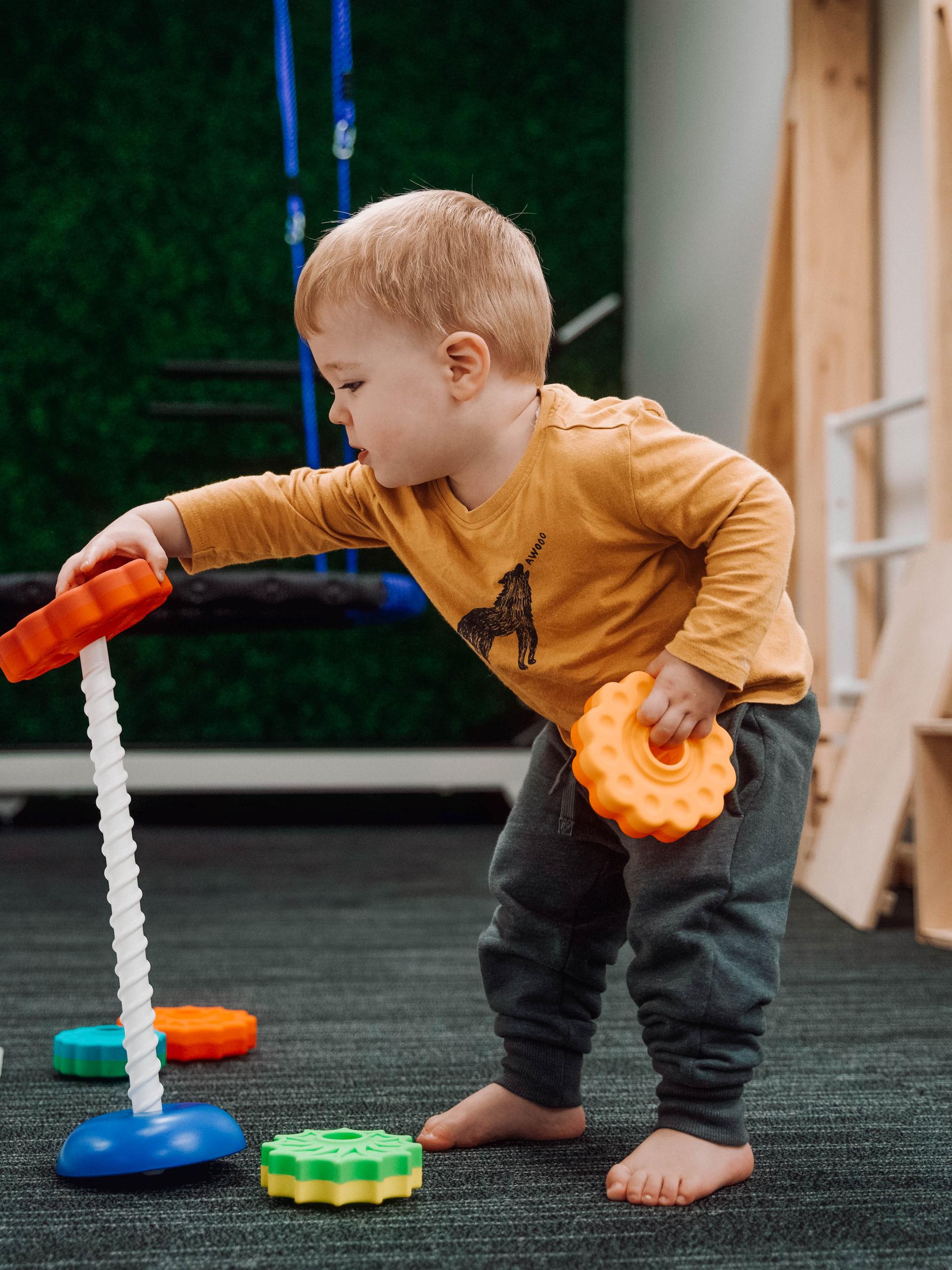What is early intervention and why do paediatric physiotherapists emphasise this? Early intervention in the NDIS refers to the period […]

Early intervention in the NDIS refers to the period from birth to 7 years old. During this time,
neuroplasticity – the brain’s ability to build and form synapses or pathways in response to
learning new skills – is amplified, and the brain is at its quickest rate of development.
During these years, a child’s brain is growing and developing rapidly while they learn and
discover their environment. At this stage, the brain creates numerous pathways and
connections while developing a variety of new skills. Through trial and error, the brain starts
to solidify these pathways. The more time we spend developing new skills, the quicker we
learn and improve.
Think of it this way:
You are walking up a grassy hill that you have never climbed before. The first few times that
you walk up, you try different pathways while trying to find the best way to achieve your
goal – getting to the top. Eventually, you narrow down the paths you take and start to
choose the same pathway each time you walk. The grass on that path begins to flatten, and
eventually, the path turns to dirt, creating a clear path to the top of the hill.
The brain works in the same way every time you learn a new skill. As you begin to learn a
skill, you try numerous ways to achieve the desired outcome. You eventually learn from trial
and error, which are the best and most effective ways– hence creating a clear pathway in the
brain to achieve an outcome!
Research suggests the most ‘neuroplastic’ or malleable period for the brain is from 0-2 years
old and makes new pathways up to 7 years old. By 10 years old, children have the same
number of pathways as grown adults! That is not to say that the brain is not able to learn
something new, but it takes many more trials to create and refine a lasting pathway.
Therefore, physios try to use this time with high repetitions (e.g. Intensive therapy blocks) to
leverage the principles of neuroplasticity to learn new skills and refine movement.
Book in with one of our paediatric physiotherapists today to help your child maximise their
learning and development from an early age!
For more information on early intervention and all things paediatric physio – check out our other blog posts!